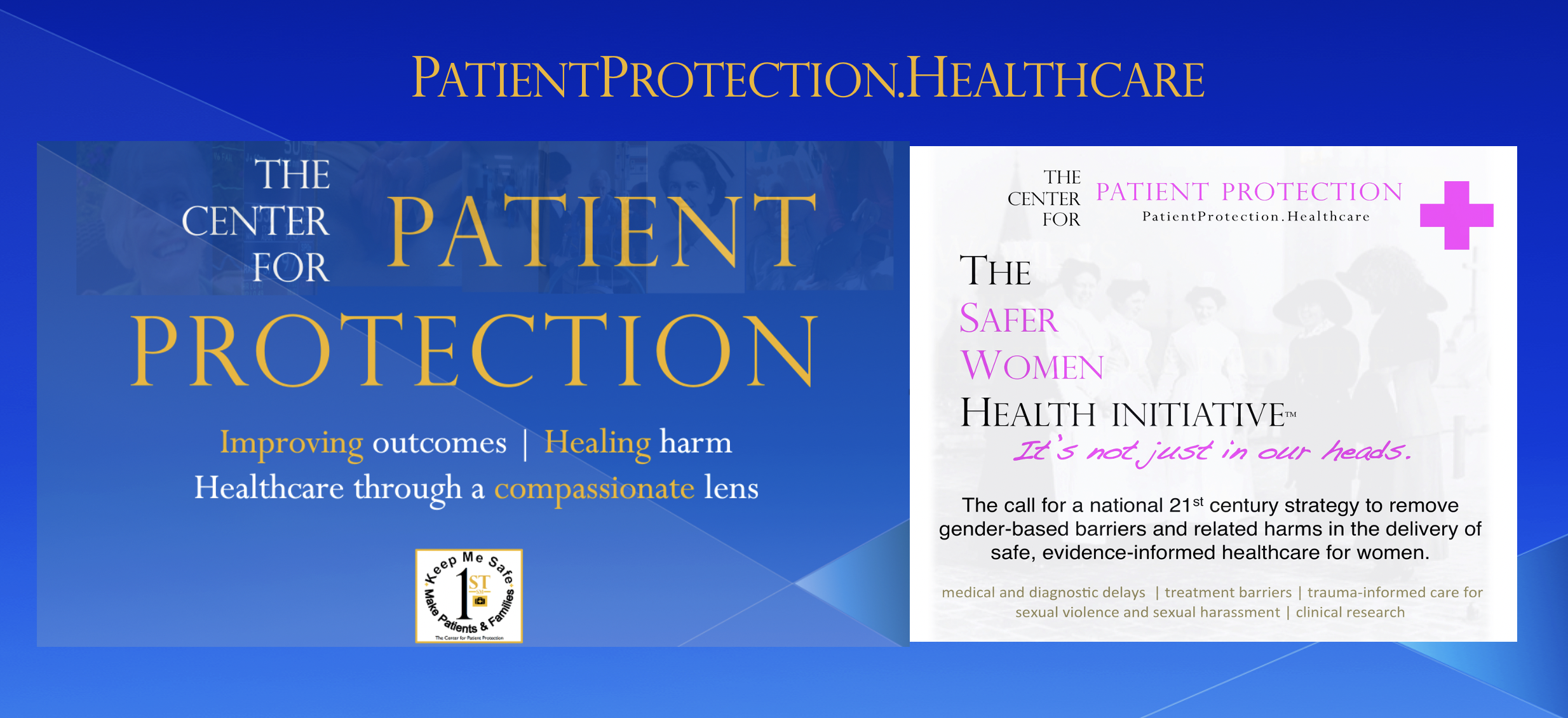The burdens of caregiving cannot continue to be borne by the typical middle-aged woman who is too worn-out to voice outrage or too depressed to advocate for a fairer deal, while society reaps all the savings in healthcare costs.
 When we think about medical errors in hospitals or nursing homes, we often think about the cascade of adverse events and complications that can follow. Though it has seldom, if ever, been recognized as such, one of them is the role of the accidental caregiver.
When we think about medical errors in hospitals or nursing homes, we often think about the cascade of adverse events and complications that can follow. Though it has seldom, if ever, been recognized as such, one of them is the role of the accidental caregiver.
These are generally family members — almost always women family members –who suddenly find themselves thrust into a situation of having to devote their time and attention, as well as financial resources, to caring for a loved one who has been injured in the course of hospitalization. This is something that occurred to my mother during her long stay in two hospitals following her traumatic brain injury. In one case, inattention by clinical staff led to a cardiac arrest and several additional months of care that was required, as well as a substantially reduced quality of life afterwards.
During the course of that increased hospital stay, parking and transportation costs alone amounted to several thousand dollars. But the hospital, which was happy to rake in all that money from parking fees, saw no reason why even a penny should be refunded. The longer-term costs associated with my mother’s care at home mount well into six figures.
While I would not change any of my decisions, it is clear that society is approaching something of a turning point in the decisions it needs to make about whether it values the family caregiver or not.
Even in cases where hospital stays have not resulted in further injury or complications (and when there has been no hospitalization at all), family caregivers face daily tasks that would exhaust rock climbers and Navy Seals. In fact, for many caregivers there is no difference between day and night. Weekdays and weekends are the same. Holidays are a distant memory. Exercise is a battle with exhaustion. An evening out has about as much chance of happening as a walk on the moon. Burnout is a serious occupational hazard and caregivers are at higher than average risk of heart disease, diabetes and even suicide.
In my mother’s case, one of the hospitals failed to take proper steps to prevent pressure ulcers, and when they invariably occurred as a result, failed to treat them. The hospital never disclosed that my mother had pressure ulcers. But when she came home, I was told by the home care nurse who examined her that she would have to be repositioned in bed every two hours because of a Stage II wound. I have experienced fatigue in my life before but never what came with the bone-weary numbness of having to get up every two hours through the night over the course of several months in order to move my mother in bed.
Continuation of the status quo in family caregiving is simply unsustainable. The economic costs alone to family caregivers are staggering in loss of career advancement and income. It is estimated that the average caregiver foregoes up to several hundred thousand dollars in the course of their caregiving and its aftermath. Gaps in the resume can be a real obstacle to getting re-employed. Employers are known to take a dim view of employees who interrupt their careers to look after a loved one and, to be frank, many regard such actions a sign of poor judgment. But they don’t mind the savings to society that result from keeping the patient out of a costly institution. The benefit to a loved one receiving care at home from a family member is obviously priceless. Yet the burdens of caregiving cannot continue to be borne singularly by the typical middle-aged woman who is too worn-out to voice outrage or too depressed to advocate for a fairer deal, while society reaps all the savings in healthcare costs.
A robust discussion about these matters needs to begin as more and more of us face the tough choices that go with the declining health of our parents. The constructive role that employers can and should play in becoming caregiver/career friendly and what needs to be done to by government are parts of the conversation that needs to take place.
It cannot be that the only choice is between consigning a loved one to a likely death in a cold institution or killing off your career and any hope of financial and personal well-being. For all the focus, attention and resources devoted to every aspect of healthcare, caregiving is something of an orphan. We need champions who will change that and lead society and the workplace in the direction of providing outcomes that benefit everyone.
